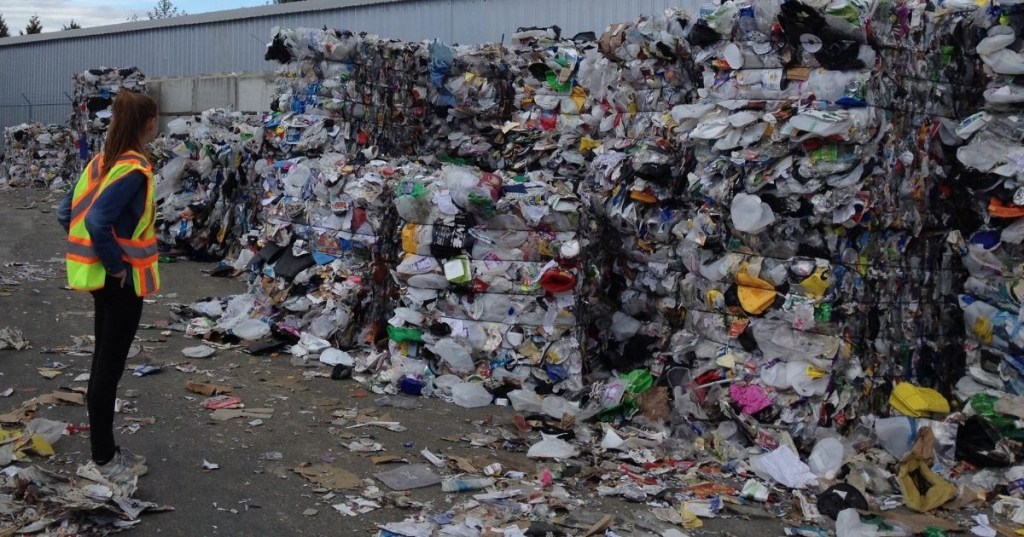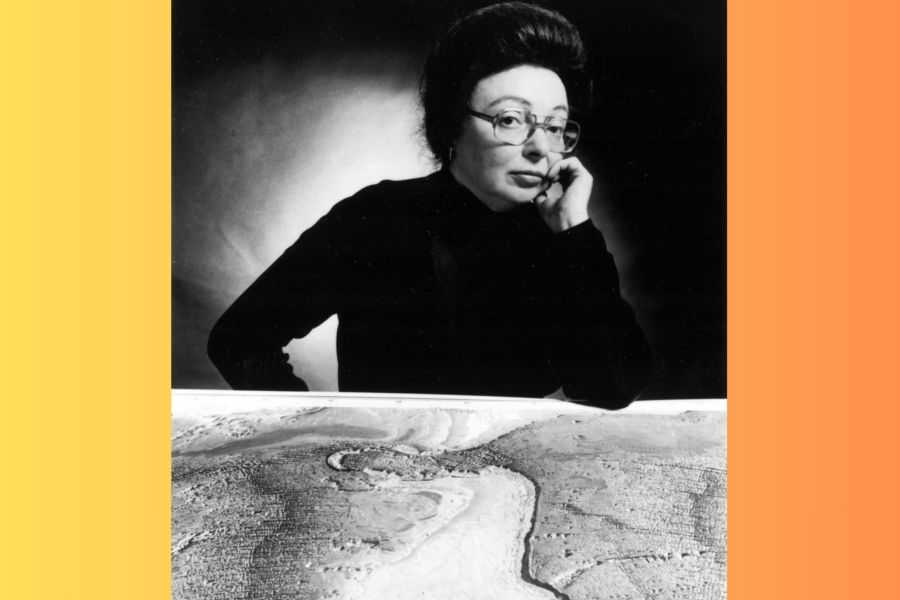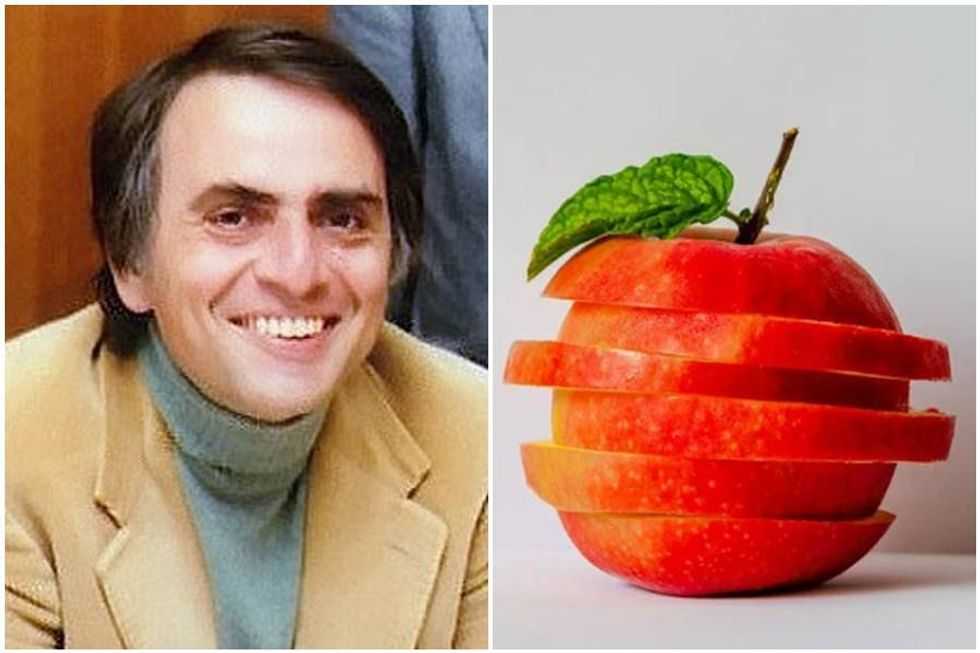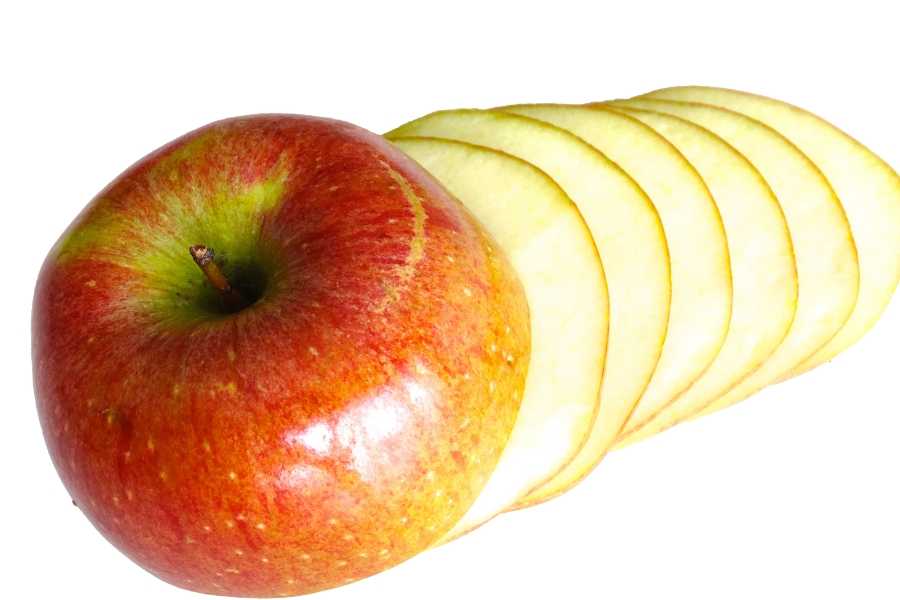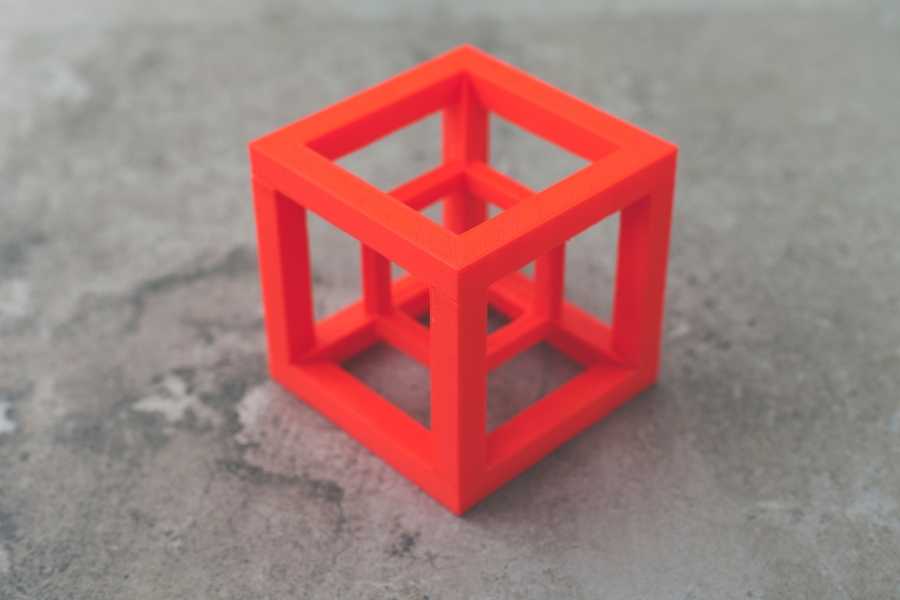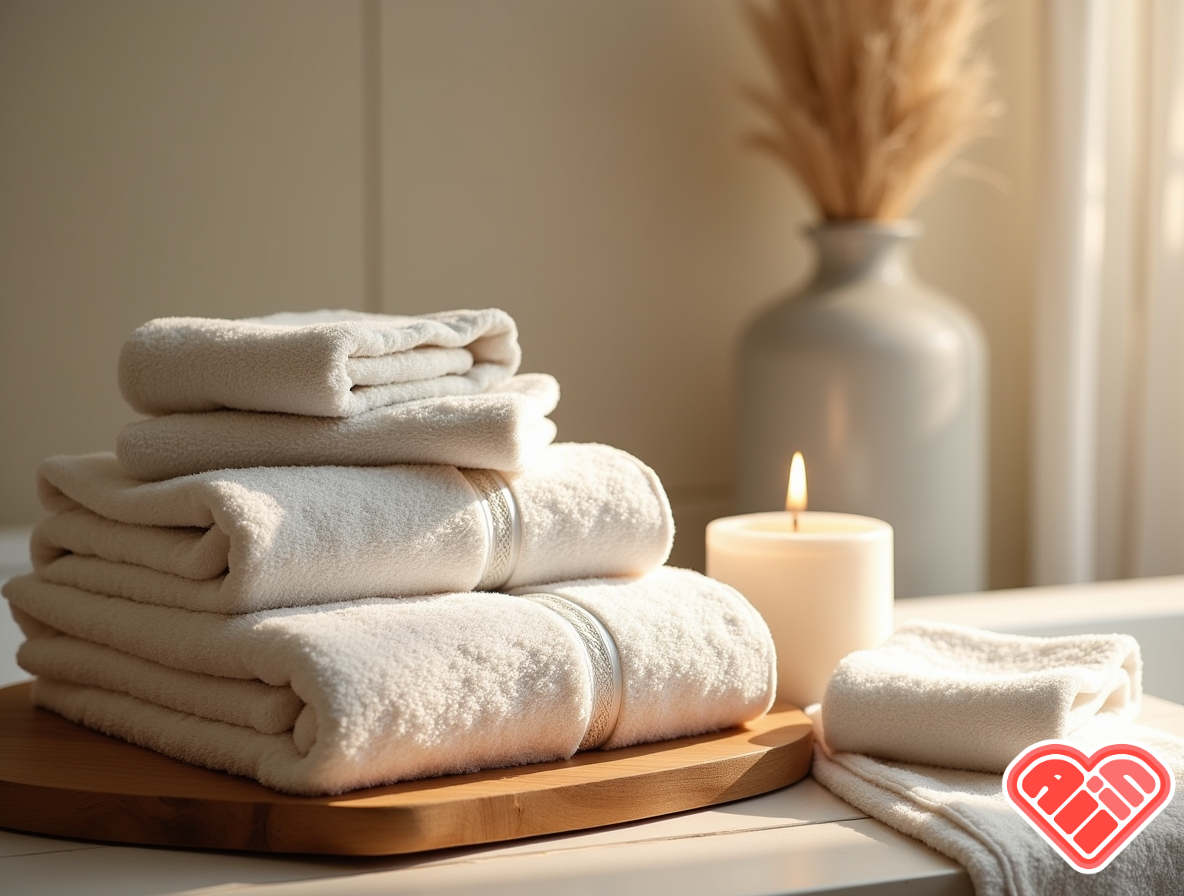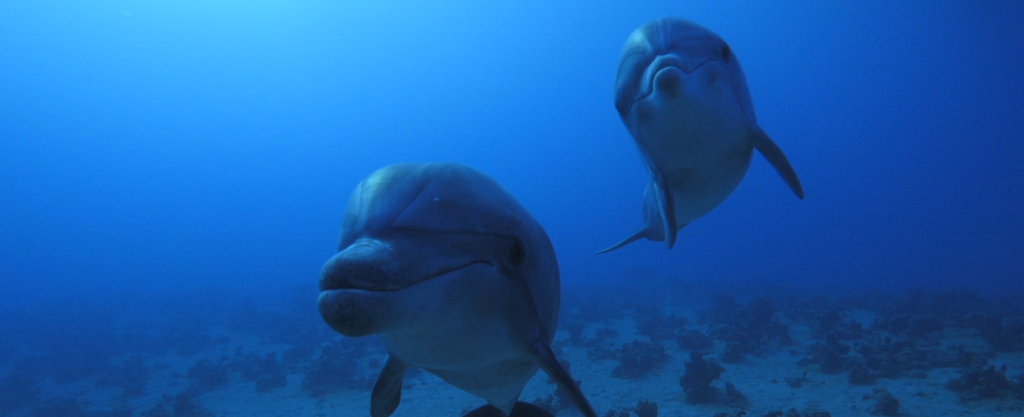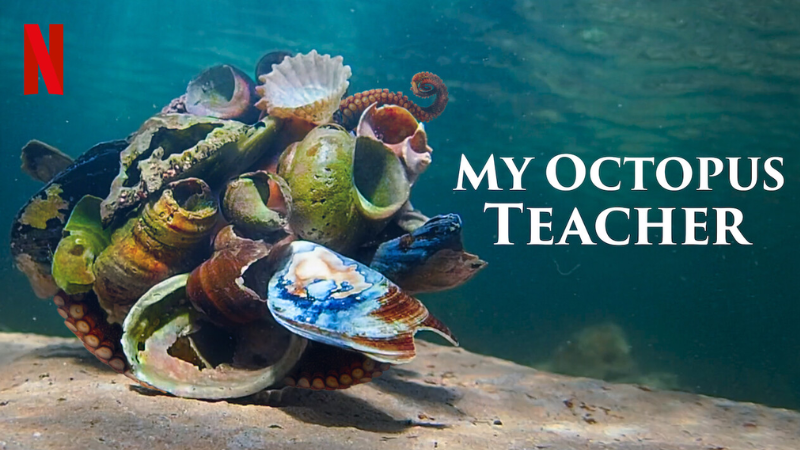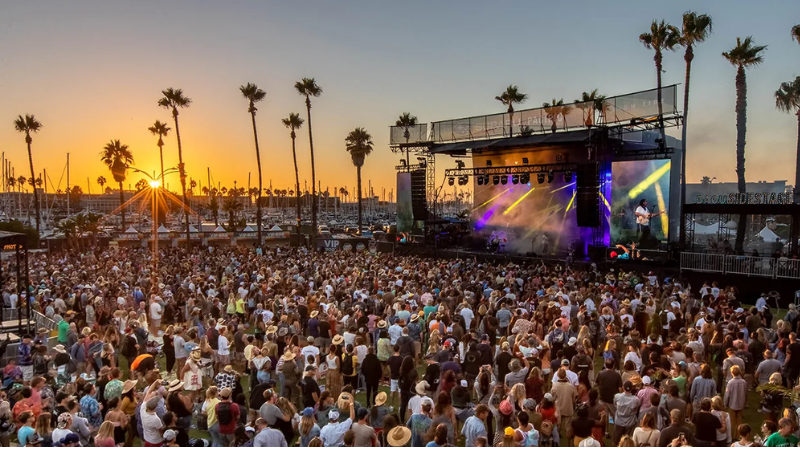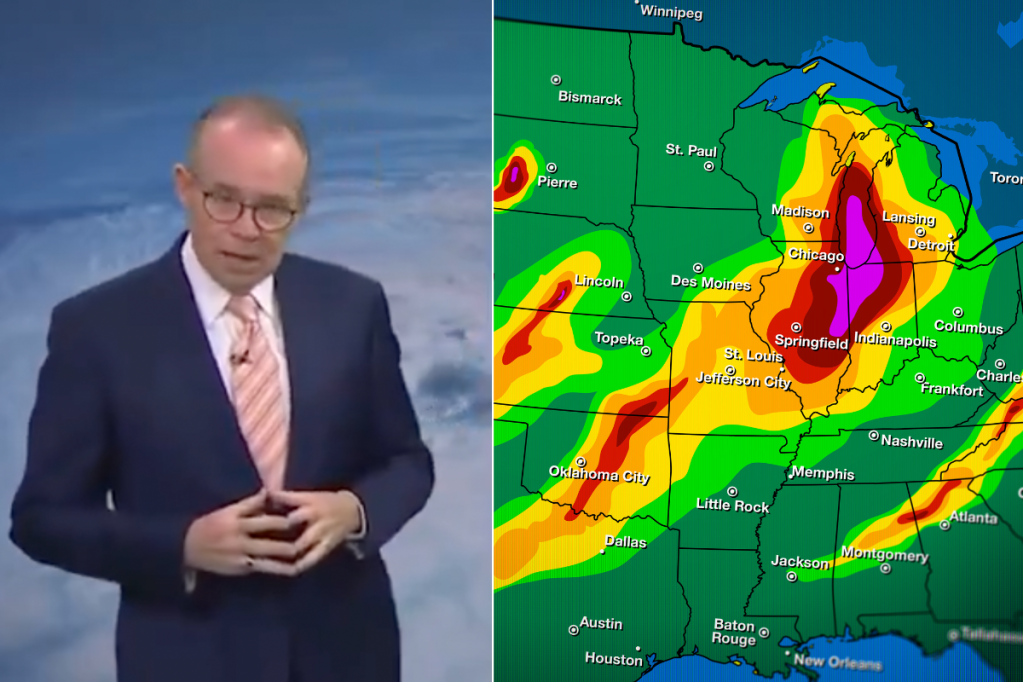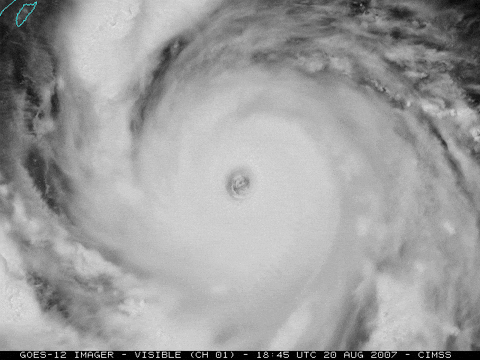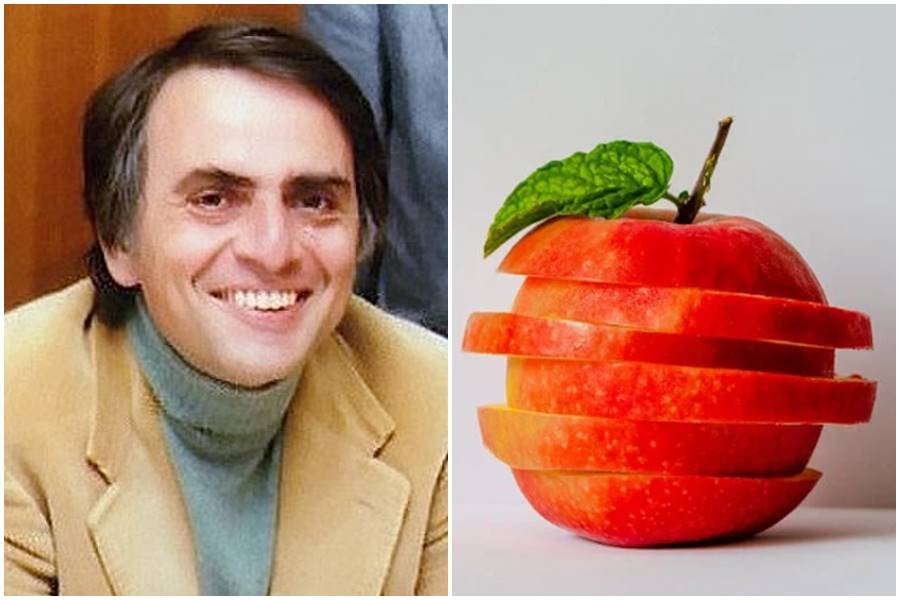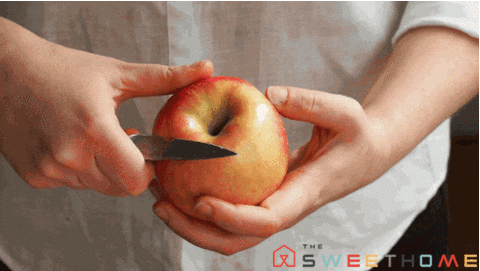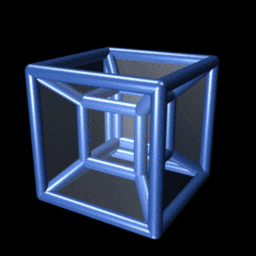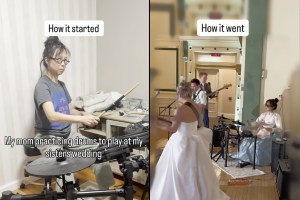Those of us who want a sustainable future for our grandkids try really hard to do the right things for our planet. We grew up internalizing the three R’s–Reduce, Reuse, Recycle—but it appears that one of those Rs has not lived up to its promise.
We all know that plastic and excessive packaging of all kinds are problematic, but most of us don’t worry about it too much because most of it can be recycled anyway, right? We cheerfully put our yogurt containers and pizza boxes and egg cartons into our curbside recycling bin, confident that we’ve done our part for the environment by not throwing them into a landfill.
We imagine our municipalities taking that recycling to some kind of local recycling plant, where our plastic and paper gets transformed into shiny new eco-friendly products. Right?
Wrong. That’s not at all what happens, and never has been. Today, much of what we’re putting into our recycling bins isn’t being recycled at all—even the stuff that theoretically can be. Instead, it’s ending up in landfills or polluting our oceans.
RELATED: A dead whale just washed ashore with 88 pounds of plastic waste in its stomach. This needs to stop.
How is that possible, when we’ve spent so much time and energy convincing Americans to recycle?
Part of the problem is that instead of recycling these things ourselves, we’ve spent decades shipping tons and tons of our trash across the ocean to be recycled in China and SE Asia. But last year, China announced that would no longer take most of our recyclables, including mixed paper and most plastics. That cuts out most of our household recycling, and without China buying our waste anymore, there’s nowhere for it to go.
Since 2018, we’ve been shipping more of our plastic to other developing nations in Southeast Asia, including Thailand and Vietnam. But according to Unearthed, the investigative arm of Greenpeace, those countries don’t have the environmental infrastructure to handle that waste responsibly. Some of that recycling ends up being dumped into the ocean.
Why don’t we just recycle our waste ourselves? Compared to the vast amounts of recyclable materials we dispose of, we have very few recycling plants in the U.S.
According to an article by Alana Semuels in The Atlantic, that’s partially individual Americans’ own fault. We are notoriously terrible at keeping track of what can be recycled and what can’t, so we toss all kind of non-recyclable items in the recycling bin to let others (up to now, low-paid workers in China) figure out. We’re also bad at keeping recyclables separated and clean the way they have to be in order to be go through the recycling process. Since it’s cost prohibitive to hire people to sort and clean recyclables, waste management companies are telling people they either have to pay a lot more for recycling or ditch it altogether.
And because money is money, most people are choosing the latter. And many localities aren’t even offering people the choice.
What does all of this mean for the average American who wants to do right by the planet? First, it means we need to focus a whole lot more on reducing and reusing and stop putting all of our eggs into the recycling basket. It means avoiding plastic whenever and wherever we can and not assuming we can just toss it into a blue bin somewhere. It means utilizing reusable water bottles, shopping bags, dishes and silverware, etc. as a matter of habit, not as an afterthought.
We can also make choices with our wallets. Only buy things when absolutely necessary, and try to buy used first. Whenever possible, choose items without packaging, and when packaging seems unnecessary or excessive, question the companies who are using it. Until we pressure the powers that be to stop wrapping everything we use, we’re going to continue to pollute our planet. All of that plastic eventually has to go somewhere.
RELATED: If you don’t think twice about the plastic strap around a package, here’s why you should.
Pretend that paper is a limited commodity. Pretend that plastic is literally destroying our home. Pretend that it’s not normal to consume in excess and that very little is actually garbage.
Basically, we need to completely overhaul our approach to waste, from our own kitchens to the corporations that package what we purchase. But at the very least, we need to stop thinking of recycling as a hallmark of sustainability. We face many environmental questions in the 21st century, and it’s clear that we aren’t going to find the answers in the bottom of the recycling bin.

